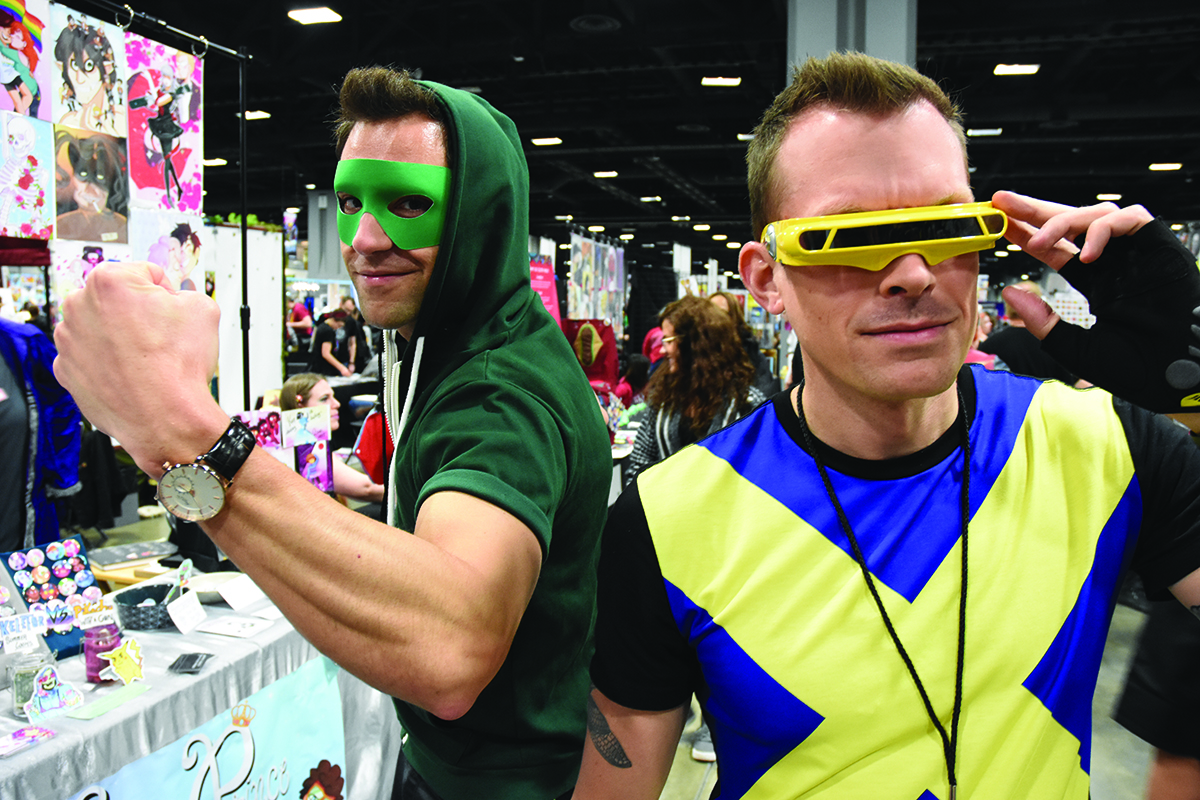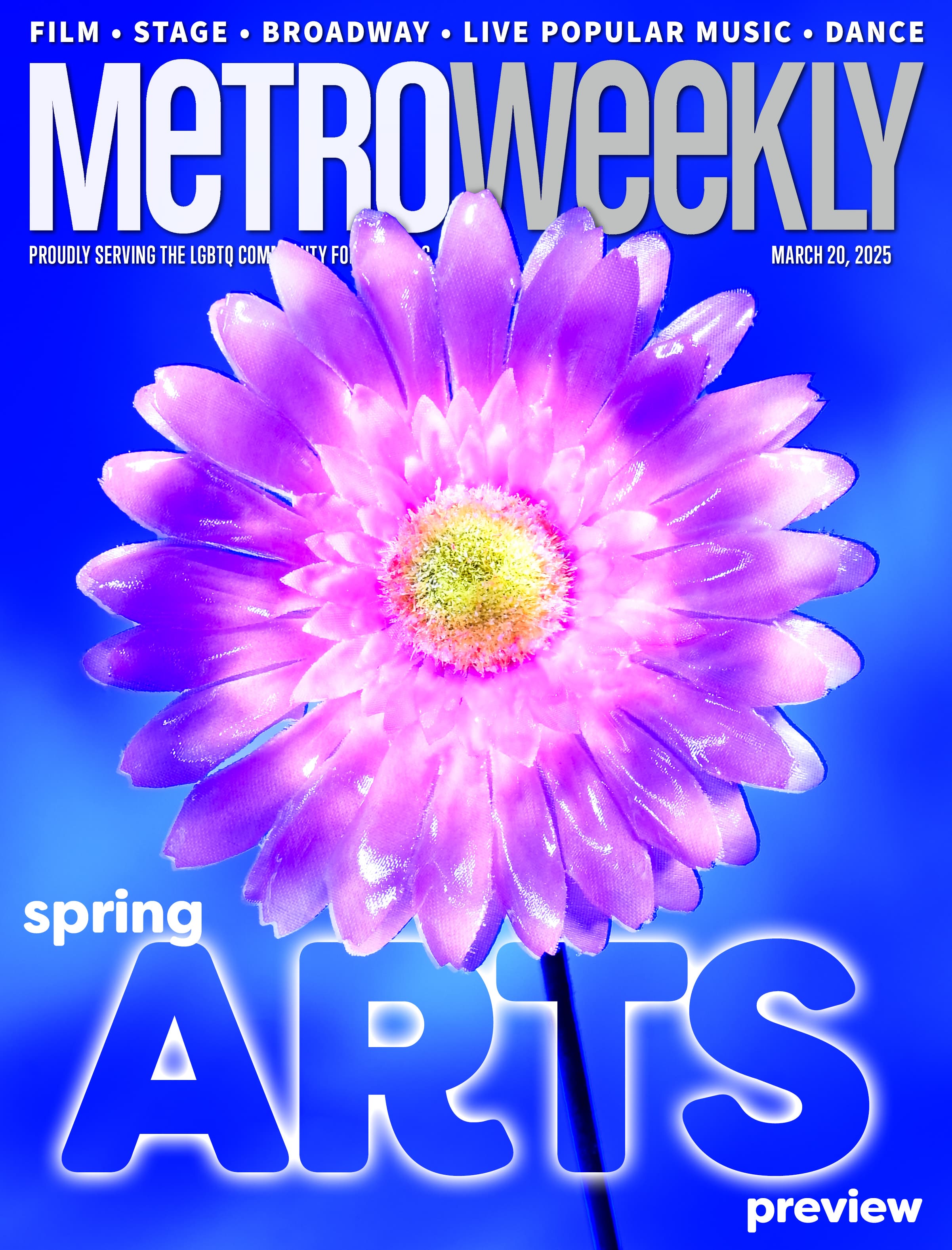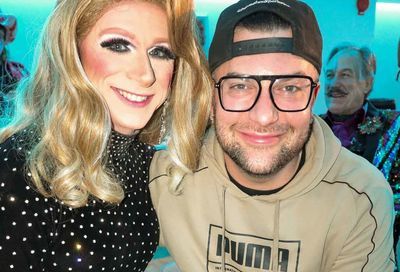Stating the “State of Play”
 More than 10 hours of interview time covering interviews with the leaders of 15 LGBT organizations that have a national scope or impact. One magazine cover story intended to synthesize that and explain it.
More than 10 hours of interview time covering interviews with the leaders of 15 LGBT organizations that have a national scope or impact. One magazine cover story intended to synthesize that and explain it.
Choices must be made.
I ended up with “State of Play,” published today.
I want to take a minute to detail some of the choices that I made when pursuing this story and explain why I made them.
First, I limited the organizations with which I would be dealing. I wanted to tell a story and not just give a list, so I had to make some pretty stark choices. These included only addressing the largest organizations and those most prominent in the news during the 111th Congress. There are a multitude of organizations with a national scope or impact, however, so I had to limit it further to keep the project manageable. I chose, among the focused-issue organizations, only to address those covering the most prominent legislative topic of the year — “Don’t Ask, Don’t Tell” repeal.
Second, I limited the people to whom I would speak. The genesis for this project — as I detailed to the subject of each interview — was to take a step back from the day-to-day scuffles and decisions to look at the movement more broadly. One way — though certainly not the only way — is to make the choice I made, which is to let the leaders of the organizations, either the head of its board or the person hired by the board to lead the organization, to speak about the group and the organization’s view of the LGBT equality movement more generally.
Third, media is an entriely different story, and I did not include the Gay and Lesbian Alliance Against Defamation or National Lesbian and Gay Journalists Association for that reason. I did not want to have the LGBT organization discussion at the center of this piece also need to address the issue of the changes to media accountability that have come about because of the blogosphere and the role that non-LGBT organizations like Media Matters for America have played in combatting anti-LGBT media protrayals.
With those three primary limits in place, the selections for the people to whom I spoke were rather easily decided. The 15 organizations chosen and 15 interviews conducted focus the story to the political, legal and electoral aspects of LGBT equality efforts, with the only focused-issue organizations being Servicemembers Legal Defense Network and Servicemembers United.
This led to three elements that could cause some concern with the article:
- I did not speak to outside sources about the organizations.
- I did not address hardly any specific legislative initiatives, only mentioning even the Employment Non-Discrimination Act in passing, and not mentioning the Domestic Partnership Benefits and Obligations Act, Respect for Marriage Act, Safe Schools Improvement Act, Student Non-Discrimination Act, Tax Equity Act, Uniting American Families Act or any other legislation at all.
- I did not discuss the many focused-issue organizations — from the Gay, Lesbian and Straight Education Network to Immigration Equality to The Trevor Project — whose work has at times been prominent this year.
- I did not conjecture about the implications of any “failure,” outside of admissions and other statements made by the organizations’ leaders themselves. (Primarily because, as I told the interview subjects, there will be plenty of time for that after November.)
In response, I would just say, “You’re right.”
This story, like all stories of the LGBT equality movement, is incomplete. This was and is an attempt to contribute to a better understanding of and openess about the LGBT organizations representing LGBT people and allies in Washington and across the nation.
I look forward to reading more pieces like Jeremy Hooper’s thoughtfiul post at Good As You, more analysis like Jillian Weiss’s post at The Bilerico Project and more comments like Christopher Edwards’s note on Twitter about immigration as I continue to think about and write about this topic.
To that end, I will be continuing this “State of Play” feature in the coming weeks with a regular Metro Weekly news column devoted to discussing and expanding upon the issues I began exploring in today’s article.
Support Metro Weekly’s Journalism
These are challenging times for news organizations. And yet it’s crucial we stay active and provide vital resources and information to both our local readers and the world. So won’t you please take a moment and consider supporting Metro Weekly with a membership? For as little as $5 a month, you can help ensure Metro Weekly magazine and MetroWeekly.com remain free, viable resources as we provide the best, most diverse, culturally-resonant LGBTQ coverage in both the D.C. region and around the world. Memberships come with exclusive perks and discounts, your own personal digital delivery of each week’s magazine (and an archive), access to our Member's Lounge when it launches this fall, and exclusive members-only items like Metro Weekly Membership Mugs and Tote Bags! Check out all our membership levels here and please join us today!
























